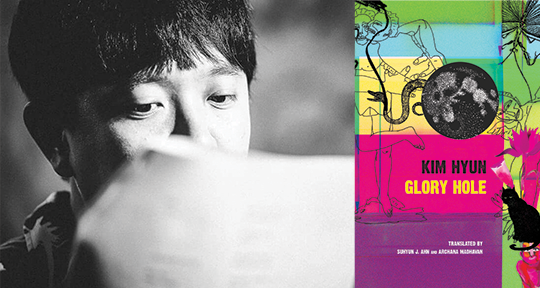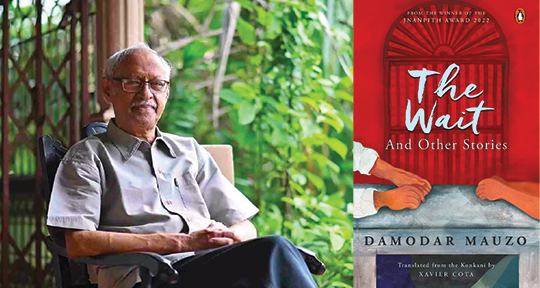This week, our editors from around the world are reporting on trailblazing new releases, award winners, and literary festivals! From the return of the Dhaka Literature Festival after two years on hiatus to Czech comic artists at the International Comic Art Festival, read on to learn more!
Areeb Ahmad, Editor-at-Large, reporting from India
Initially announced in July, more information has emerged regarding the Armory Square Prize for South Asian Literature in Translation in a feature published by World Without Borders. The prize, sponsored by Armory Square Ventures with a jury of acclaimed translation specialists from around the world, aims to “recognize an outstanding translator of South Asian Literature into English.” The winning work will be published by Open Letter Books while excerpts from finalists will appear in WWB. The founders of the prize intend to highlight literatures that are “all but invisible outside South Asia” in the global English-speaking sphere, joining the JCB Prize for Literature in promoting translated Indian literatures both at home and abroad.
The acclaimed Naga writer, Temsula Ao, passed away on October 9 at the age of seventy-six. In her obituary, Chitra Ahanthem explores her legacy and bibliography, highlighting Ao’s focus on the Naga community and her resistance to the homogenizing impulse to club writing from all the Northeast Indian states into a singular literature, which would dismiss the differences across communities and tribes both within and beyond each state. Meanwhile, the 2022-23 cohort of the National Centre for Writing’s Emerging Translator Mentorships was recently announced. Among its recipients, Vaibhav Sharma was awarded the Saroj Lal Mentorship in Hindi and will be mentored by the International Booker Prize winner, Daisy Rockwell.



